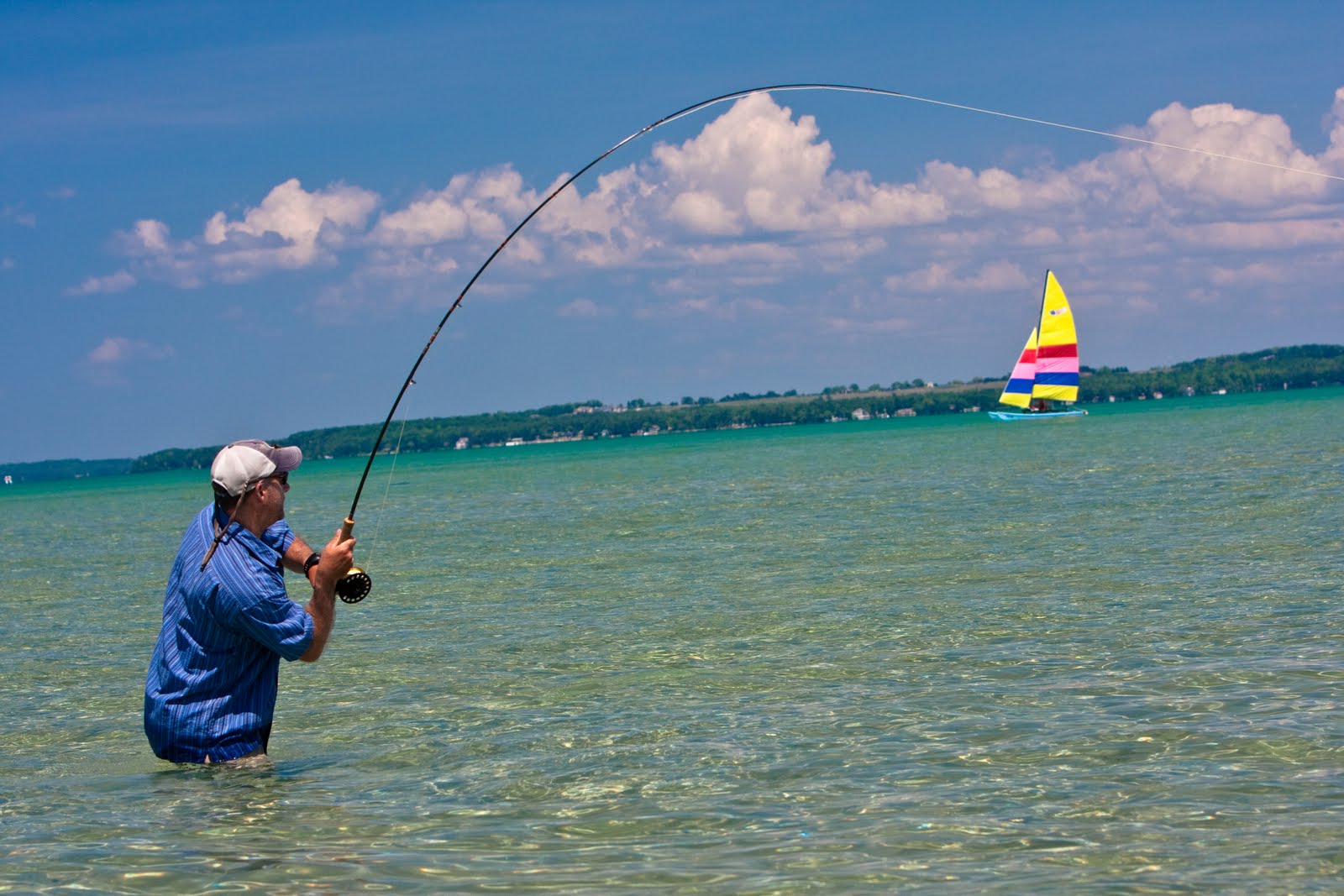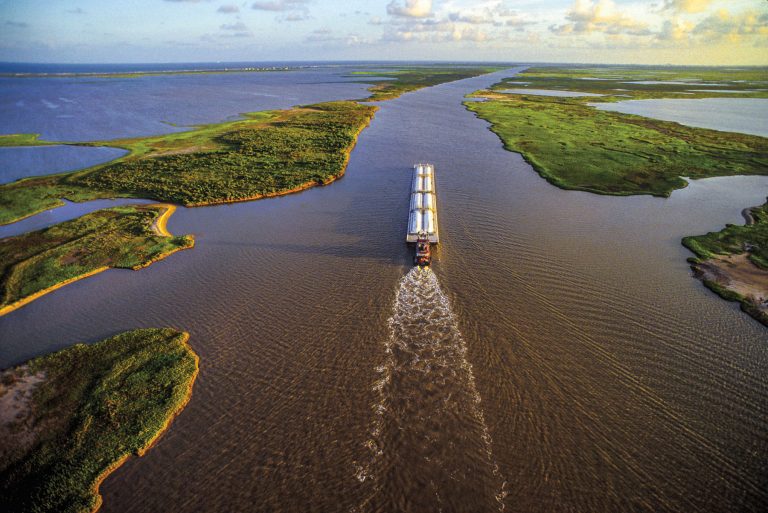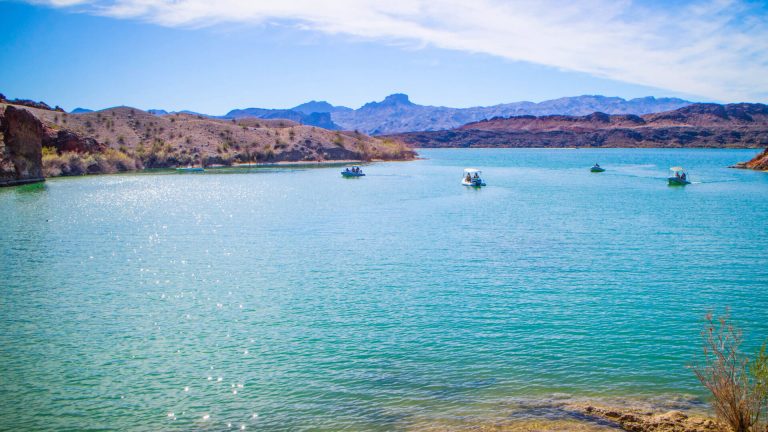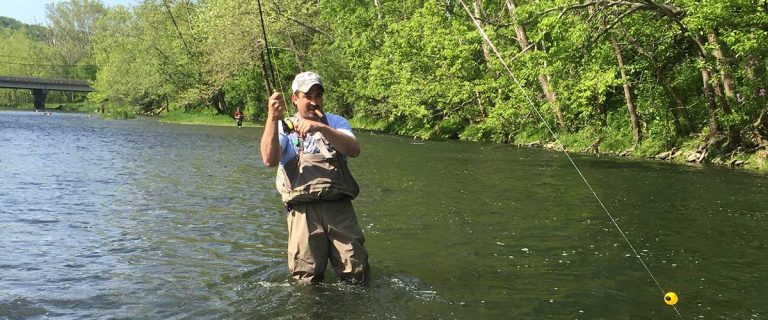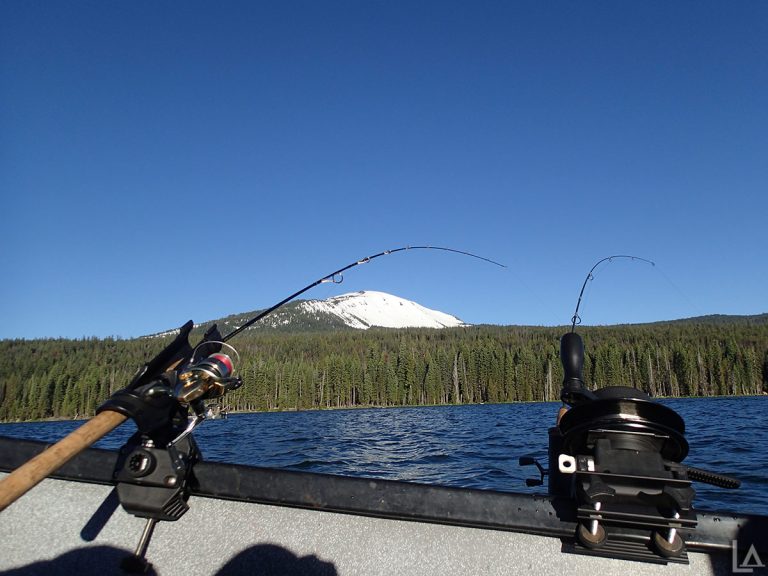For college students pursuing education out of state, the cost of fishing licenses can present an unexpected financial barrier to enjoying outdoor recreation. Fortunately, 31 states currently offer special fishing license programs for non-resident college students, often providing these licenses at the same rate as state residents—a significant discount compared to standard non-resident fees.
These programs recognize that college students contribute to local economies and communities during their academic tenure, despite not meeting traditional residency requirements. Whether you’re studying in New York, Montana, Alabama, or dozens of other states, understanding these discount programs can save you substantial money while enjoying fishing opportunities during your college years.
States Offering Non-Resident Student Fishing License Discounts
Currently, 31 states have established programs offering resident-rate fishing licenses to non-resident college students. These programs vary in their specific requirements, application processes, and discount structures.
State-by-State Comparison of Student Fishing License Programs
| State | Resident-Rate Available | Age Restrictions | Enrollment Requirements | Application Method | 2025 Student Rate | Standard Non-Resident Rate |
|---|---|---|---|---|---|---|
| Alabama | Yes | Ages 17-23 | Full-time enrollment | In-person with verification | $16.60 (freshwater) | $56.85 (freshwater) |
| Alaska | Yes | None specified | Full-time enrollment | Online with verification upload | $29 (annual) | $100 (annual) |
| Montana | Conditional* | None specified | Full-time enrollment | In-person at FWP office | $37.50 | $107.50 |
| New York | Yes | None specified | Full-time enrollment | Online with verification | $25 (annual) | $50 (annual) |
| Pennsylvania | Pending** | TBD | TBD | TBD | TBD | $55.97 (annual) |
| Ohio | Yes | None specified | Full-time enrollment | Online or in-person | $24.96 | $54.99 |
*Montana offers resident rates only if the student’s home state offers reciprocal benefits to Montana students.
**Pennsylvania’s SB 344 proposes establishing a non-resident student license program.
For the complete list of participating states and their specific requirements, visit the US Fishing Licenses state directory.
Eligibility Requirements for Student Discount Programs
While requirements vary by state, most programs share common eligibility criteria:
Common Qualifications
- Full-time enrollment: Nearly all states require proof of full-time status at an accredited college or university within the state. The definition of “full-time” typically follows the institution’s own classification.
- Current semester verification: Most states require documentation showing active enrollment during the current academic term.
- Age restrictions: Some states impose age limits. For example, Alabama’s program restricts eligibility to students between 17-23 years old.
- Valid student identification: A current student ID is typically required alongside other documentation.
State-Specific Requirements
Some states have unique eligibility requirements:
- Montana’s reciprocity requirement: Montana offers resident-rate licenses to non-resident students only if the student’s home state offers similar privileges to Montana students studying elsewhere. Check the Montana Fish, Wildlife & Parks website for the current reciprocity list.
- New York’s semester requirement: Students must have completed at least one semester at a New York State college or university before qualifying for the resident-rate license, according to the NY Department of Environmental Conservation.
- Colorado’s domicile verification: Students must provide proof they maintain a domicile in Colorado during the school year. Visit the Colorado Parks & Wildlife page for details.
Application Process for Student Fishing Licenses
The application process varies significantly between states, with some offering convenient online options while others require in-person visits.
Documentation Requirements
Most states require students to provide:
- Valid student ID card
- Proof of full-time enrollment (official transcript, enrollment verification letter, or class schedule)
- Government-issued photo ID
- Proof of current address within the state (utility bill, lease agreement, etc.)
Online Application States
Several states offer streamlined online application processes:
- New York: The NY DEC licensing portal allows students to upload verification documents with their application.
- Wisconsin: Students can apply through the Wisconsin DNR Go Wild portal with electronic verification.
- Michigan: The Michigan DNR E-License system accepts student applications with appropriate documentation. Learn more about Michigan’s licensing options at the US Fishing Licenses Michigan page.
In-Person Application States
Some states still require in-person applications:
- Alabama: Students must visit a license issuing office with documentation. Find locations through the Alabama DCNR website or see requirements on the Fishing in Alabama as a Non-Resident guide.
- Montana: Applications must be submitted at a Montana Fish, Wildlife & Parks office with verification of home-state reciprocity and enrollment documentation. Visit the US Fishing Licenses Montana page for details.
Cost Savings Analysis
The financial benefits of student discount programs are substantial, especially for multi-year college attendance. The table below highlights the potential savings in select states:
Cost Comparison: Standard Non-Resident vs. Student Rates (Annual Licenses)
| State | Standard Non-Resident Rate | Student Rate | Single Year Savings | Four-Year Savings |
|---|---|---|---|---|
| Alabama | $56.85 | $16.60 | $40.25 | $161.00 |
| Alaska | $100.00 | $29.00 | $71.00 | $284.00 |
| Florida | $47.00 | $17.00 | $30.00 | $120.00 |
| New York | $50.00 | $25.00 | $25.00 | $100.00 |
| Texas | $58.00 | $30.00 | $28.00 | $112.00 |
| California | $145.80 | $53.82 | $91.98 | $367.92 |
For more information on specific state license costs, visit these US Fishing Licenses resources:
- Florida Fishing License Cost Guide
- Texas Fishing License Information
- California Fishing License Guide
Legislative Trends and Program Development
The landscape of non-resident student fishing license programs continues to evolve, with several notable developments:
Pending Legislation
- Pennsylvania’s Senate Bill 344: This bill proposes allowing full-time college students to purchase fishing licenses at resident rates. If passed, Pennsylvania would become the 32nd state to offer such programs. Track this bill on the Pennsylvania General Assembly website.
- New Hampshire’s Success: New Hampshire recently passed HB 1290, establishing resident-rate fishing licenses for non-resident students. This demonstrates continuing momentum for these programs nationwide.
Program Adjustments and Warnings
Some states have adjusted their programs based on participation data and revenue impacts:
- Montana’s Participation Decline: After implementing price increases in 2015, Montana saw a 76% drop in student participation in its license program, according to the Congressional Sportsmen’s Foundation.
- Reciprocity Trends: More states are implementing reciprocity requirements similar to Montana’s, making these programs contingent on home-state policies.
Tips for Non-Resident Student Anglers
Beyond securing discounted licenses, non-resident student anglers should consider these additional factors:
Planning Ahead
- Apply early: Process your license application well before fishing season begins, as verification can sometimes take time.
- Check renewal requirements: Some states allow online renewals with simplified verification after initial application.
- Understand seasonal limitations: Some student licenses may have different validity periods than standard licenses.
Additional Considerations
- Special permits: Some states require additional stamps or permits for certain species or waters that may not be included in the base license.
- Conservation programs: Many states offer volunteer opportunities that can further reduce license costs through service credits.
- Hunter education requirements: If you plan to also hunt, check whether your home-state hunter education certification transfers to your college state.
For specific fishing regulations in your college state, reference these guides:
Frequently Asked Questions
Which states don’t offer non-resident student fishing license discounts?
As of 2025, 19 states don’t offer resident-rate or discounted licenses for non-resident students. Notable exceptions include Hawaii, Mississippi, North Dakota, South Dakota, and Vermont. Check the US Fishing Licenses state pages for the most current information.
Can graduate students qualify for these programs?
Most states extend these benefits to graduate students, provided they meet the full-time enrollment requirements as defined by their institution. However, states with age restrictions (like Alabama’s 17-23 limit) may exclude some graduate students.
Do online college students qualify?
Eligibility for online students varies by state. Some require physical presence and a local address within the state, while others accept full-time online enrollment at in-state institutions. Contact the specific state’s wildlife agency for clarification.
What if my home state doesn’t offer reciprocal benefits?
For states with reciprocity requirements (like Montana), you unfortunately won’t qualify for resident rates if your home state doesn’t offer similar benefits. Consider advocating for such programs in your home state through conservation organizations.
Conclusion
Non-resident student fishing license discount programs represent a significant opportunity for college students to enjoy recreational fishing without the financial burden of full non-resident license fees. With 31 states currently offering these programs and more considering similar legislation, access to affordable fishing continues to expand for the college student population.
By understanding eligibility requirements, application processes, and state-specific regulations, non-resident students can save hundreds of dollars during their college years while enjoying the mental health benefits, stress relief, and connections to nature that fishing provides.
For the most current information on fishing license requirements and costs in any state, visit US Fishing Licenses and check your specific state’s fish and wildlife agency website for official program details and application procedures.



